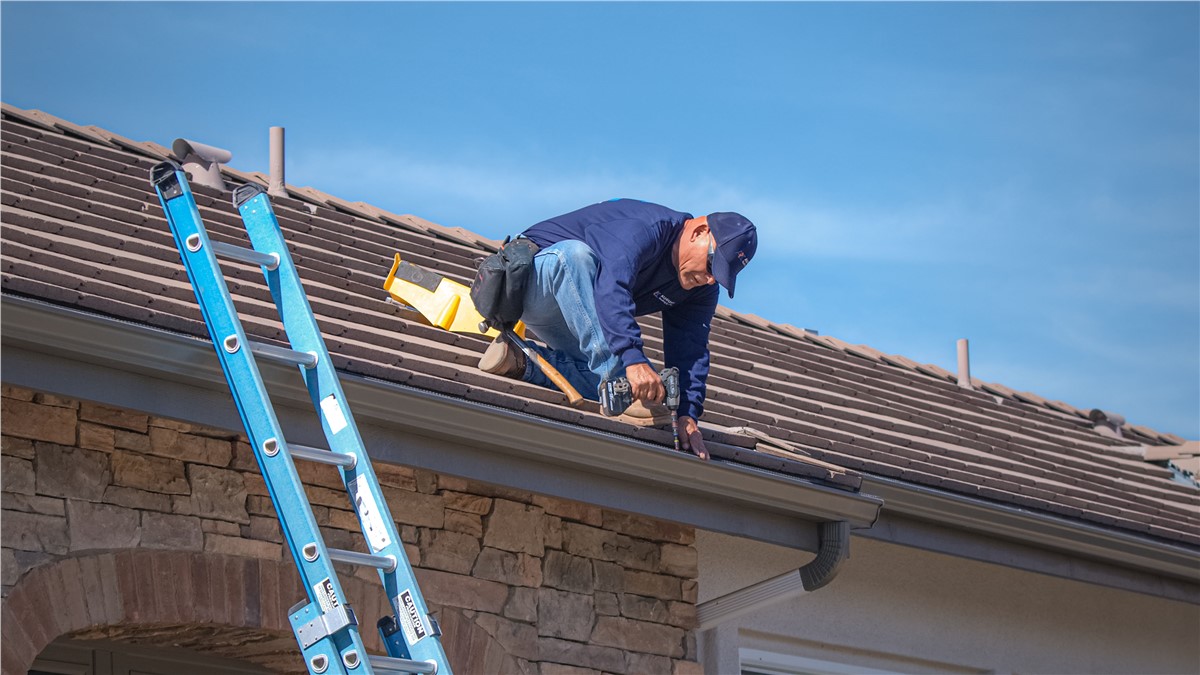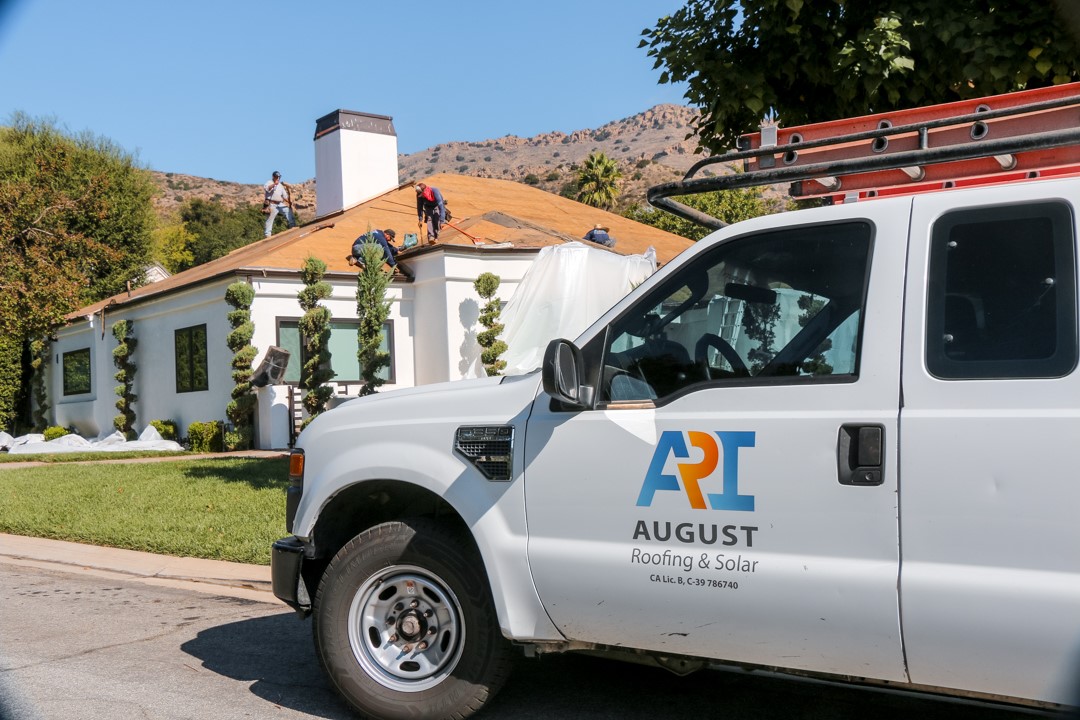Buying a home for the first time is an exhilarating experience, but it can also be overwhelming, especially if it’s your first time. So it’s good to narrow down your options by evaluating the crucial features that are most important to you. For instance, do you need a walk-in closet? Do you need a pool? Can you live without a front porch? How will the house be powered?
There are many options for powering your home. Of course, there’s the usual city electrical grid route, but let’s face it — that can be expensive, and it’s probably not the most eco-friendly approach either. Using solar power as an alternative is a practice that is gaining traction with homeowners across the US. Once installed, this method is cheap to maintain and can help create room in your budget for other projects, like saving up for a big vacation or padding your retirement savings. Plus, you will be doing your part in reducing the human carbon footprint and easing the strain on Earth’s resources.
REDUCE YOUR ELECTRICITY BILLS
As a first-time homeowner, it’s only natural to look for ways to save money on your utility bills. So let’s begin with your electricity bill. For a regular home, the electricity bill can run up to $2,400 a year. For a home with solar panels, those bills get reduced by 50% or more every month, depending on how much electricity can be generated from the sunlight in your area. Areas that experience frequent rainy or cloudy weather, or are located at latitudes that are further from the sun, are going to generate less electricity via solar panels than areas that receive more and stronger sunlight.
You won’t have to pay for your electricity every time the sun’s not out — all solar panel systems come with a battery for storing generated electricity. But during periods of extended sun-less weather, your battery will eventually become depleted and you’ll have to start paying for your electricity again.
Solar panels also have incredible longevity. Many homeowners are concerned about the potential maintenance costs of installing solar roofing, but the good news is that your solar panels will require virtually no maintenance. In fact, most solar companies have service contracts that include free repair when it is needed. Considering that solar panels can last up to 25 years before needing significant repair, this is a big deal!
CONTRIBUTE TO SUSTAINABILITY AND ENVIRONMENTAL CONSERVATION
Solar power is arguably the cleanest form of renewable energy on the planet. It is generated from sunlight, which is a near-infinite resource and is not likely to deplete for millions of years. Plus, it produces almost no greenhouse gas emissions. For contrast, more traditional methods of generating power such as burning fossil fuels produce a significant amount of greenhouse gasses and are limited in availability, which means that using them is not very sustainable. But what about the manufacture of the solar panels themselves? Fortunately, the energy produced by the PV cells in the solar panels pays back the energy used in their creation.
So making the switch to solar roofing can go a long way in decreasing your carbon footprint. But the question lingering in your mind may be, “How much difference can one person make?” By reducing your intake of conventional electricity, you reduce the consumption of fossil fuels and assist in the reduction of the amount of pollution. This is a step forward in curbing global climate change.
Stay Cool for Less
What is cooler than the sun powering your home? This fact is both literal and metaphorical. Literally, the panel acts as a roofing shade, which is essential in keeping your home cool. The solar panels on the roof soak up the sun’s rays, preventing them from reaching the roof. For a house without solar panels, the roof will allow heat to penetrate the inside of the house.
Research by UC San Diego Jacobs School of Engineering demonstrates that when a power audit on the cooling of the building for roofs with solar panels is completed, the amount of energy saved is similar to getting a discount on the solar panels for a period equal to their lifetime. Solar panels also add aesthetics to your home, making it appear on-trend.
ENJOY EXCELLENT RETURN ON INVESTMENT
Not only is solar roofing going to produce electricity for your home, but it can also make you money in the future. Solar power decreases your home electricity bill, which is the immediate return on investment. Later, when the system has stabilized, you will be able to sell the surplus electricity and make money.
Statistics have shown that the average home in the United States pays off its solar panels within five to eight years. Then, these homes can make a 20 percent return on investment when sold. Solar power is also a good investment as it cushions the house from increasing energy costs and electricity-bill fluctuations.
In some states, homeowners are allowed to install a grid-connected solar system so that they can sell the extra power to the grid, which is a sound financial investment. You should not worry in case of bad weather because you can buy less energy from the grid, thus saving money.
INCREASE THE VALUE OF YOUR HOME
For a first-time homeowner, the thought of selling your new home is likely far from your mind. But if you have solar, this will be justifiable. Whether you decide to rent your first house for a passive income or sell it, you want to be able to sell for more than you bought it. Additionally, you will want to sell the house as fast as possible.
The increase in the popularity of green energy has led to home appraisers including the value of solar installation in the value of the home during a sale. You may not be aware of it, but the value of green properties is also increasing as more and more homeowners are becoming aware of its benefits. So homes with solar already installed have a competitive advantage in obtaining the best prices with minimal time on the market.
As a new homeowner, installing solar panels or buying a house with pre-existing solar roofing is a great way to create a greener lifestyle. When you’re house hunting, you may be tempted to purchase a home covered in a “green facade.” These are homes that have been hastily given a few green “upgrades” in an attempt to increase the value of the property at the last minute. These upgrades are not necessarily bad — depending on how well they were done — but they can trick an unsuspecting homebuyer into thinking that they are investing in a sustainable home when that may not be the case.
Tags
Subscribe to August Roofing & Solar's Blog





Comments